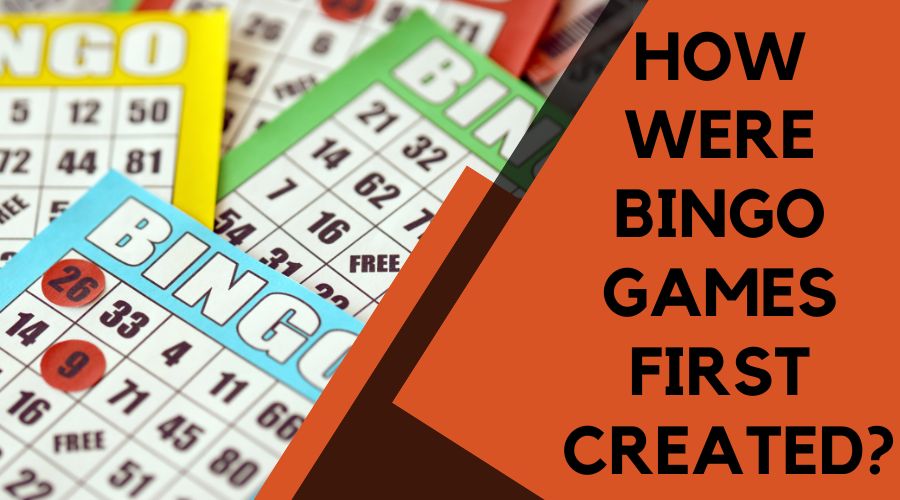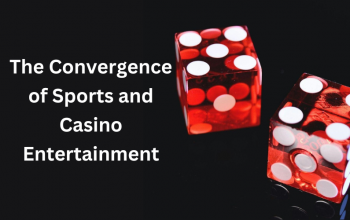
If you asked one hundred average people on the street where they thought bingo came from, you’d probably get one hundred different answers.
These answers would probably range from being invented by ancient cave-dweller civilisations thousands of years ago, to being invented by Winston Churchill in the 1940s to distract the enemy’s advance – click here to see OnlineBingo.
In reality, it’s somewhere vaguely in the middle of the two. Bingo, in the form we recognise it today, came out of Renaissance Italy in the early 16th century.
“Il Gioco”, as it was known, was a form of lottery and its grand full title was in fact “Il Gioco del Lotto d’Italia”. It proved to be so popular, effectively democratising wealth across the classes, that the game spread to France and was known as “Le Lotto”.
In France however, it lost some of its democratic values and was played principally by the French aristocracy. History tells us that the French nobility would have done better to have kept bingo as a game for the people.
By the end of the 18th century, many of their heads would have left their bodies in one of Europe’s bloodiest-ever revolutions, though there’s no direct evidence to suggest that bingo is directly responsible.
It’s coming home, it’s coming home, it’s coming…
This is when bingo hit our shores, perhaps brought across the Channel by French aristocrats fleeing Madame Guillotine back home.
In typically British fashion, it was polished up and given a proper use. There’s evidence to suggest that bingo was widely used around Britain as an educational tool to teach children multiplication tables, spelling, and even history.
Was It Always Called “Bingo”?
Inevitably, bingo was destined to travel across the Atlantic when mass-migration happened in the 19th century. A new world beckoned, possibly one without being forced to use bingo in order to learn multiplication tables.
Curiously, when bingo landed in America, it was known as “Beano”. Sources say this is because it was played using beans instead of real money, as gambling was strictly illegal.
It’s thought that the name ‘bingo’ is just a mistake. Apparently, a woman at a fayre yelled “bingo” when she saw she’d won the game, and the rest is history.
Why Was Bingo Created?
We know the “how” bingo was created, but it’s important to understand the “why” too. Yes, it was born in Italy as a recreational lottery, but is it more than that?
What’s interesting about bingo is that whilst it’s easily dismissed as just a bit of fun, is that it is essentially a form of advanced mathematics.
Back in the early days of “beano”, in each game that took place, there were too many winners. This meant that the prizes were divided up, and no-one was that excited to win a fifth of $10, or a picnic hamper shared between 7 people.
To stop this occurring, the number of squares on the ticket needed to be increased. Enter Carl Leffler from the University of Colombia.
The result Leffler came up with meant that it turned into a well-balanced mathematical structure, usually resulting in just one winner. With the addition of a RNG (random number generator), it is now statistically impossible to predict a winner. This helps mathematicians decipher more about the concept of randomness, which remains a relatively unexplored field in mathematics.


